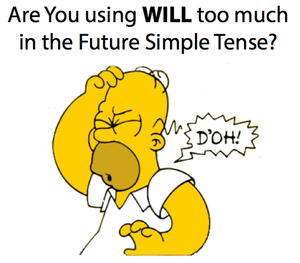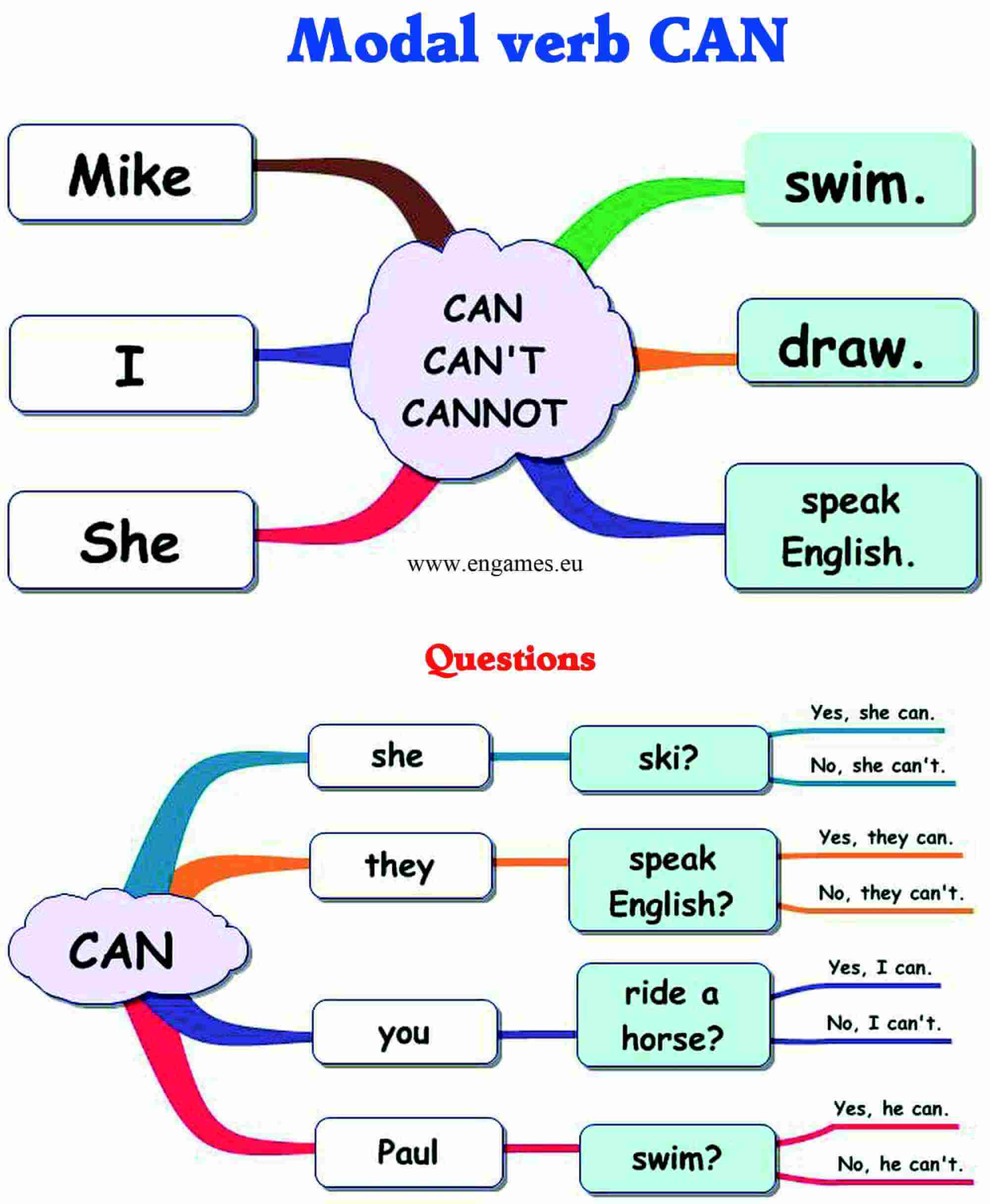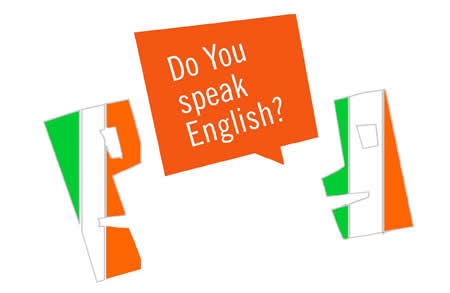Summer English Lesson XIII. Second conditional
Hi students, As we said last lesson today we’re going to revise the Second conditional. So let’s get into work. We use the second conditional to talk about imaginary or improbable situations in the present. The “If clause” talks about hypothetical or imaginary things. The “main clause” says the result in that situation. STRUCTURE: Read more about Summer English Lesson XIII. Second conditional[…]










